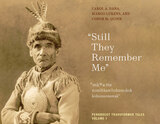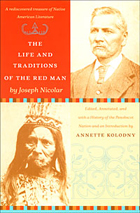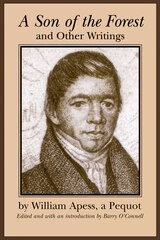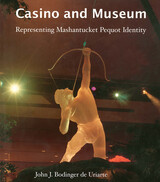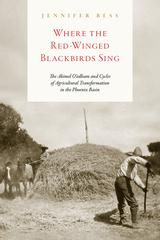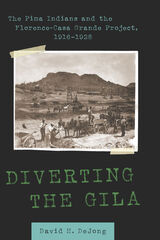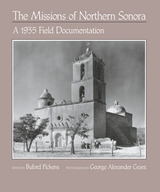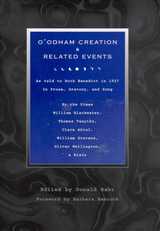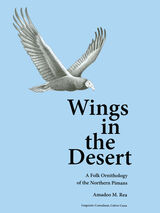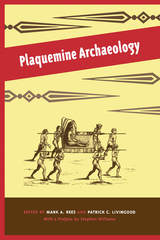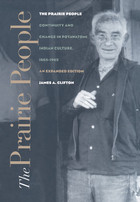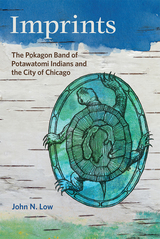Stealing the Gila: The Pima Agricultural Economy and Water Deprivation, 1848-1921
University of Arizona Press, 2009
Cloth: 978-0-8165-2798-4 | eISBN: 978-0-8165-3650-4 | Paper: 978-0-8165-3558-3
Library of Congress Classification E99.P6D45 2009
Dewey Decimal Classification 979.17
Cloth: 978-0-8165-2798-4 | eISBN: 978-0-8165-3650-4 | Paper: 978-0-8165-3558-3
Library of Congress Classification E99.P6D45 2009
Dewey Decimal Classification 979.17
ABOUT THIS BOOK | AUTHOR BIOGRAPHY | REVIEWS | TOC
ABOUT THIS BOOK
By 1850 the Pima Indians of central Arizona had developed a strong and sustainable agricultural economy based on irrigation. As David H. DeJong demonstrates, the Pima were an economic force in the mid-nineteenth century middle Gila River valley, producing food and fiber crops for western military expeditions and immigrants. Moreover, crops from their fields provided an additional source of food for the Mexican military presidio in Tucson, as well as the U.S. mining districts centered near Prescott. For a brief period of about three decades, the Pima were on an equal economic footing with their non-Indian neighbors.
This economic vitality did not last, however. As immigrants settled upstream from the Pima villages, they deprived the Indians of the water they needed to sustain their economy. DeJong traces federal, territorial, and state policies that ignored Pima water rights even though some policies appeared to encourage Indian agriculture. This is a particularly egregious example of a common story in the West: the flagrant local rejection of Supreme Court rulings that protected Indian water rights. With plentiful maps, tables, and illustrations, DeJong demonstrates that maintaining the spreading farms and growing towns of the increasingly white population led Congress and other government agencies to willfully deny Pimas their water rights.
Had their rights been protected, DeJong argues, Pimas would have had an economy rivaling the local and national economies of the time. Instead of succeeding, the Pima were reduced to cycles of poverty, their lives destroyed by greed and disrespect for the law, as well as legal decisions made for personal gain.
This economic vitality did not last, however. As immigrants settled upstream from the Pima villages, they deprived the Indians of the water they needed to sustain their economy. DeJong traces federal, territorial, and state policies that ignored Pima water rights even though some policies appeared to encourage Indian agriculture. This is a particularly egregious example of a common story in the West: the flagrant local rejection of Supreme Court rulings that protected Indian water rights. With plentiful maps, tables, and illustrations, DeJong demonstrates that maintaining the spreading farms and growing towns of the increasingly white population led Congress and other government agencies to willfully deny Pimas their water rights.
Had their rights been protected, DeJong argues, Pimas would have had an economy rivaling the local and national economies of the time. Instead of succeeding, the Pima were reduced to cycles of poverty, their lives destroyed by greed and disrespect for the law, as well as legal decisions made for personal gain.
See other books on: Pima Indians | Water rights | Water-supply | White people | Whites
See other titles from University of Arizona Press




